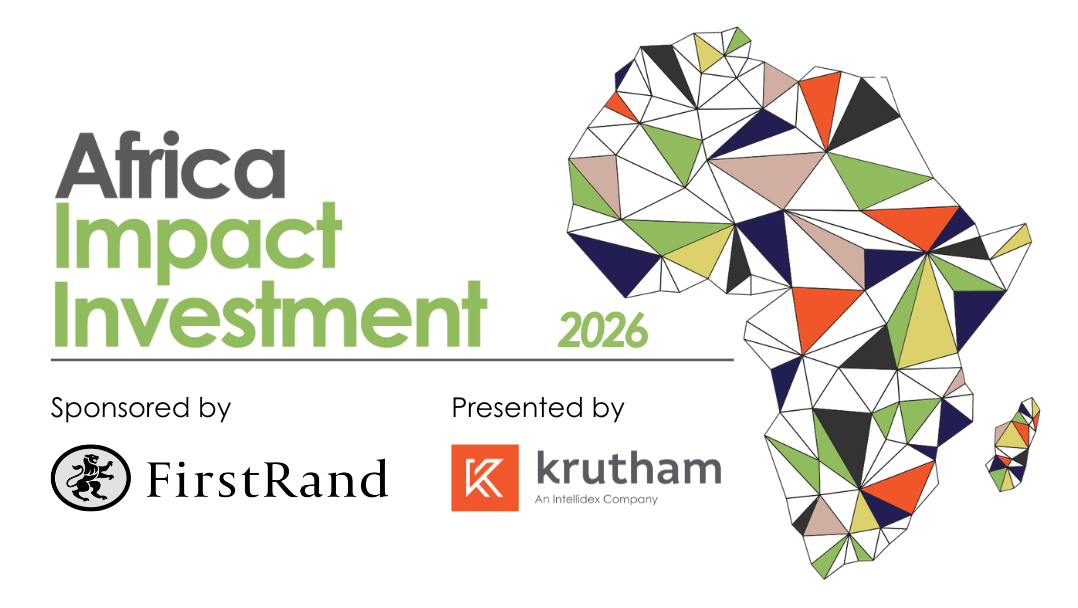The state of play
While the African impact investment market provides many examples of innovation and substantial impact, it faces some challenges and constraints, not least of which is the poor visibility and credibility of interventions seeking investment, which can struggle to meet international best practice standards for “labelling”. In addition, while capital availability may not be a major challenge, the appropriateness of this financing – specifically risk capital – is not always in sync. A lack of clarity in regulatory environments across African markets as well as poorly developed ecosystems for impact investment mean that domestic markets develop slowly and in a haphazard manner. This is exacerbated by underdeveloped practices for monitoring and evaluation and impact measurement, which is critical for attracting and deploying impact capital (Thompson, 2023; UNDP, 2023)
The African impact investment market has grown over time, seeing a total of ~$38bn invested in East, West and Southern African countries between 2005 and 2015. In 2022, this figure was reported by GSG Impact as being closer to $65.2bn. Development finance institutions (DFIs) are responsible for the vast majority of impact capital across the continent (GSG Impact, 2022).
Historically, the greatest proportion of impact capital (roughly 58% of the continent’s total) has flowed to the Southern African region. Between 2005 and 2015, almost two-thirds of this capital (about $14.7bn) was received by South Africa, with Zambia and Mozambique the next most popular destinations among impact investors. In 2022, Southern Africa retained its leading position, with impact investment AUM totalling roughly $44bn (Riscura, 2022).
The East African region received about 24% ($9.3bn) of total impact capital deployed in East, West and Southern African regions between 2005 and 2015, with Kenya, followed by Uganda, the two largest recipients. By 2022 this figure had fallen to just below $7bn.
West Africa absorbed 17% ($6.7bn) of total impact capital deployed to sub-Saharan Africa between 2005 and 2015, with more than half of this investment channelled to Nigeria and Ghana. In 2022, impact investment assets were estimated to be 55% of sustainability-linked finance in the region, measuring around $13bn. Impact investment in Nigeria reached almost $5bn in 2019, from less than $2bn in 2014 – in no small part as a result of the country’s work to improve its ease of doing business and to offer more support for small, micro and medium enterprises (SMMEs). The impact investment focus for the country has been largely on renewable energy and financial inclusion (Riscura, 2022; Thompson, 2023).
According to a recent report by GSG Impact, impact investment priorities across the continent remain steadfast and include decent work and economic growth (SDG8), climate action (SDG13), good health and well-being (SDG3), and reduced inequalities (SDG5 and SDG1). The need for enabling policy and regulation and for investment in education and capacity building across the impact investment ecosystem are also noted as critical to growth of the market (GSG Impact, 2023b).
It is in this context that the Krutham Impact Investment Awards (KAIIA) were developed in an effort to support growth of the African impact investment market. We find that the nominee pool for the 2024 awards largely reflect the trends identified across the continent and we believe these examples of impactful projects, programmes and investors can serve as references of best practice for replication across the continent.
Click here to download the case studyShare
This research report was issued by Krutham South Africa Pty Ltd.
Krutham aims to deliver impartial and objective assessments of securities, companies or other subjects. This document is issued for information purposes only and is not an offer to purchase or sell investments or related financial instruments. Individuals should undertake their own analysis and/or seek professional advice based on their specific needs before purchasing or selling investments.
The information contained in this report is based on sources that Krutham believes to be reliable, but Krutham makes no representations or warranties regarding the completeness, accuracy or reliability of any information, facts, estimates, forecasts or opinions contained in this document. The information and opinions could change at any time without prior notice. Krutham is under no obligation to inform any recipient of this document of any such changes.
No part of this report should be considered as a credit rating or ratings product, nor as ratings advice.
Krutham does not provide ratings on any sovereign or corporate entity for any client.
Krutham, its directors, officers, staff, agents or associates shall have no liability for any loss or damage of any nature arising from the use of this document.
Disclosure
The opinions or recommendations contained in this report represent the true views of the analyst(s) responsible for preparing the report. The analyst’s remuneration is not affected by the opinions or recommendations contained in this report, although his/her remuneration may be affected by the overall quality of their research, feedback from clients and the financial performance of Krutham group entities.
Krutham staff may hold positions in financial instruments or derivatives thereof which are discussed in this document. Trades by staff are subject to Krutham’s code of conduct which can be obtained by emailing mail@krutham.com.
Krutham may have, or be seeking to have, a consulting or other professional relationship with the companies, sovereigns or individuals mentioned in this report. A copy of Krutham’s conflicts of interest policy is available on request by emailing mail@krutham.com. Relevant specific conflicts of interest will be listed here if they exist.
- Krutham provides independent advice and independent research to a wide range of investors and financial institutions on Eskom, Denel, Transnet, Land Bank and SAA. Krutham’s interactions with all clients on Eskom, Denel, Transnet, Land Bank and SAA may include business confidential information but does not include MNPI and so does not provide a conflict. Krutham does not ‘act’ or ‘advocate’ for or ‘represent’ any of these clients. Krutham has regular interactions with government, Eskom, Denel, Transnet, Land Bank, SAA and other related entities connected with the SOE situation but does not provide paid consulting services or paid advice to any of these entities. These interactions are governed by Krutham’s own conflicts of interest policy as well as secrecy rules of the respective institutions or state-owned companies.
- Krutham provides a range of services into ‘organised business’ groupings in South Africa, which includes independent bespoke research and advice. Krutham is compensated for these services. Krutham does not ‘act for’ or ‘advocate’ for or ‘represent’ any of these clients.
- Krutham is currently involved in policy design work on a number of government priorities.
Copyright © 2023. All rights reserved. This document is copyrighted to Krutham South Africa Pty Ltd.
This report is only intended for the direct recipient of this report from a Krutham group company employee and may not be distributed in any form without prior permission. Prior written permission must be obtained before using the content of this report in other forms including for media, commercial or non-commercial benefit.

